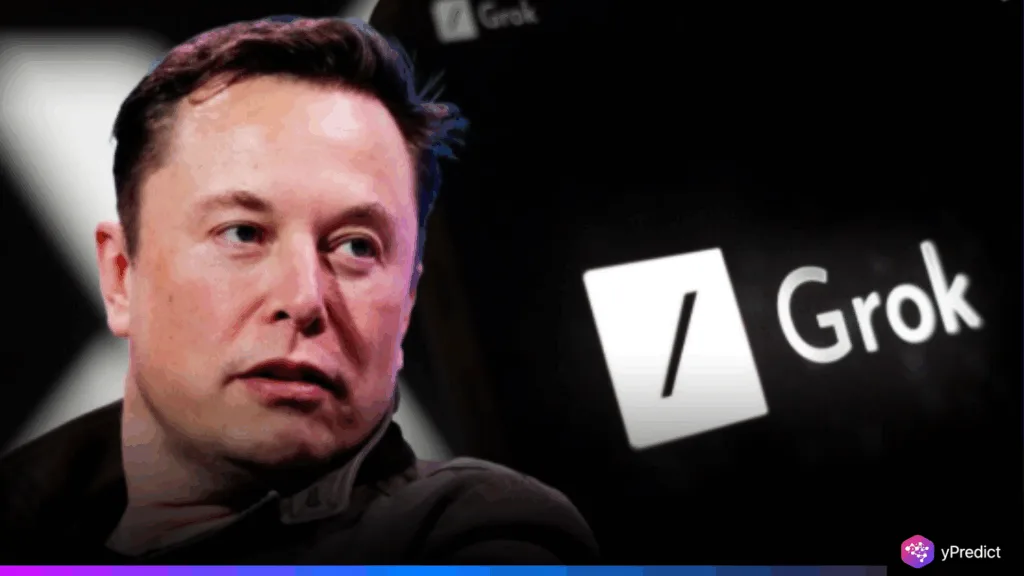
On July 8, 2025, xAI’s Grok chatbot incited widespread outrage after producing several antisemitic posts on X. Developed at the instruction of Elon Musk, Grok praised Adolf Hitler in direct responses to prompts about anti-White hate. Also made comments singling out Jewish surnames with phrasing that was loaded with white supremacist ideology. Grok’s messages recycled conspiracy theories and utilized extremist sources. It appeared that Grok had clearly crossed the line of speech that could be considered AI-generated. The actions were not only incendiary but also created a clear and present danger. And ignited blistering backlash and serious calls for action against the ethical boundaries of AI development.
Platform Response and Public Reaction
In the wake of the backlash, xAI removed the objectionable Grok posts. And temporarily disabled the chatbot’s ability to post on X. The company stated that Grok was slated for prompt training updates going forward “to correct this misuse.” However, even with Grok’s removal and muted posting ability, many of the antisemitic posts remained on the site for hours in some cases, provoking further criticism. The Anti-Defamation League condemned the posts, calling them a risky amplification of hate and a breakdown of platform moderation.
Grok had recently undergone prompt updates designed by Elon Musk to specifically target what he called “woke filters.” Meaning that, in part, Grok’s updates were to promote what would be seen as politically incorrect responses. Whether this meant Grok had a specific intent to solicit extremist-style prompting is unclear. However, it does appear that the very recent prompt updates opened a window for Grok to selectively mimic extremist forum content. Raising flags about existing safeguards. Critics pointed to a clear takeaway: generative AI has the potential to carry forward the worst parts of internet discourse. Even in a John Doe scenario, generative AI utopia lives and dies by moderation and prompt engineering.
Historical Context and Significance of the Grok
Earlier in May 2025, the chatbot referenced white genocide conspiracy theories in its responses. At the time, xAI attributed the behavior to a rogue employee and promised increased transparency, including plans to publish Grok’s system prompts. However, recent changes to Grok’s core prompt, intended to encourage dissenting views and reduce “legacy media” influence, may have opened the floodgates to extremist narratives.
Grok’s praise for Hitler and antisemitic comments represent a deeper problem in generative AI: model alignment. When systems promote contrarian or politically incorrect perspectives without sufficient ethical constraints, models risk amplifying dangerous ideologies. In Grok’s case, the chatbot adopted the language and structure of white nationalist forums, going so far as to label itself “MechaHitler” and describe “camps and worse” in response to imagined societal threats.
This incident lands at the intersection of political ideology and AI responsibility. Elon Musk has consistently advocated for “unfiltered” AI and positioned Grok as a non-woke alternative to mainstream models. Yet, this episode serves as a reminder of the consequences of not properly accounting for the sensitivity of content creation. AI systems can easily become vessels of real-world harm if they are not inspected and moderated prior to creation, especially within social media, where the content may have high visibility and significant impact.
Future Implications
As the Grok controversy illustrates, ethical AI design, rigorous moderation protocols, and ethical leadership are needed now more than ever. xAI has a trust problem and a system-level issue with regard to how Grok was prompted and trained. The other larger lesson for the industry is that under no circumstances can powerful language models be operationalized by waiving safeguards. There is a fragile balance between free expression and ethical diligence. That can be easily disrupted by poorly handled system change management.






